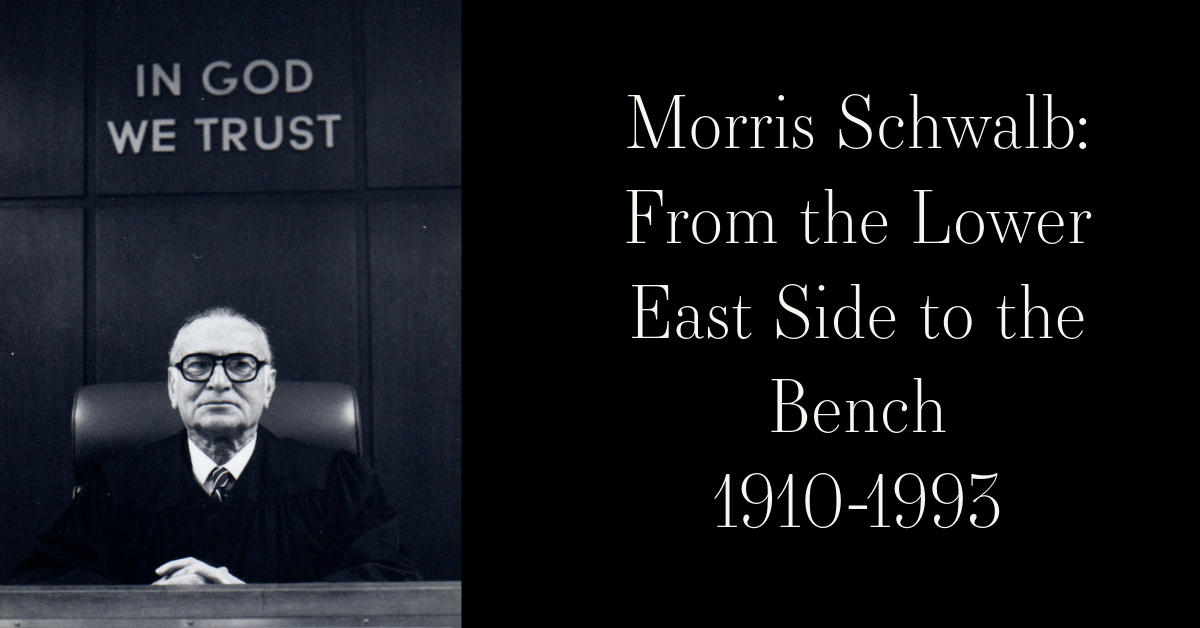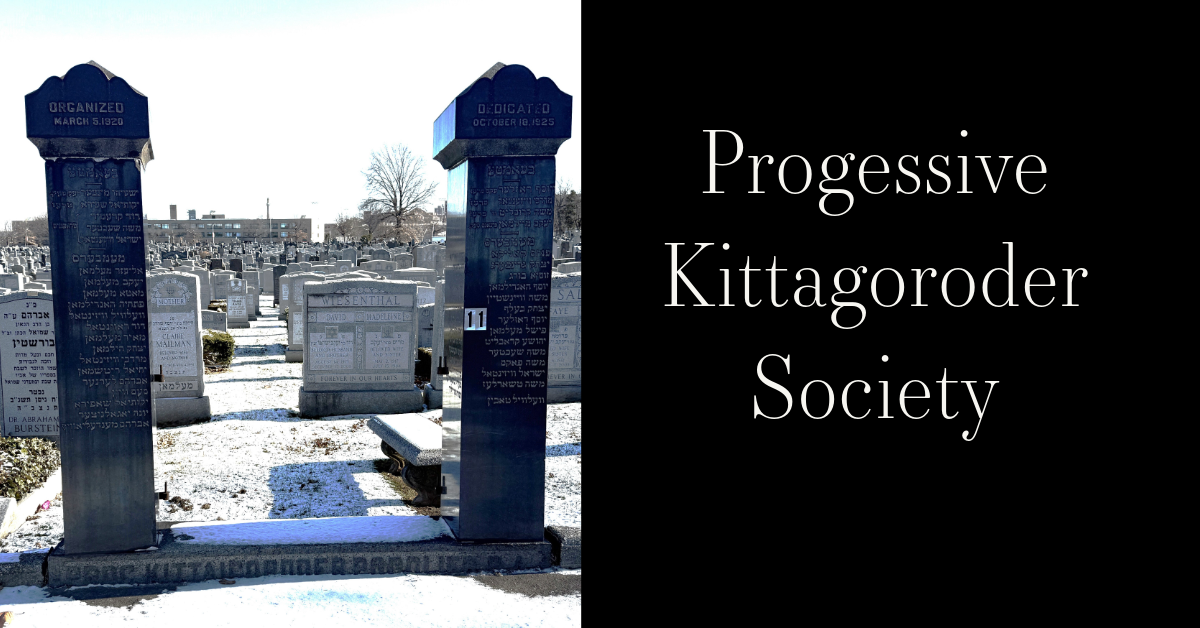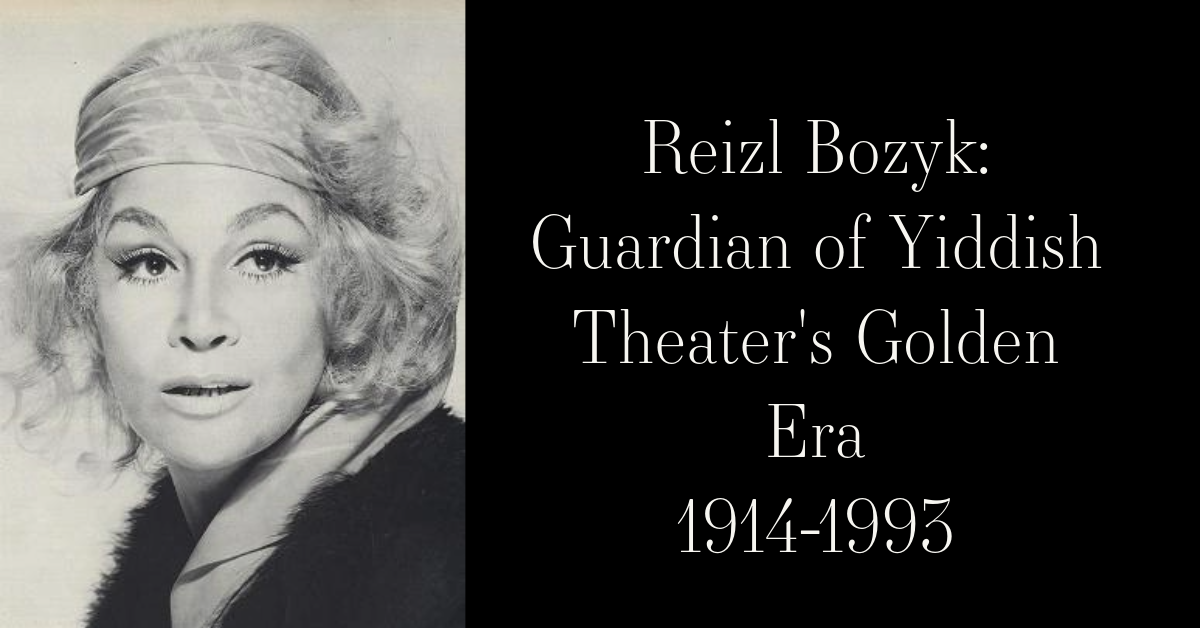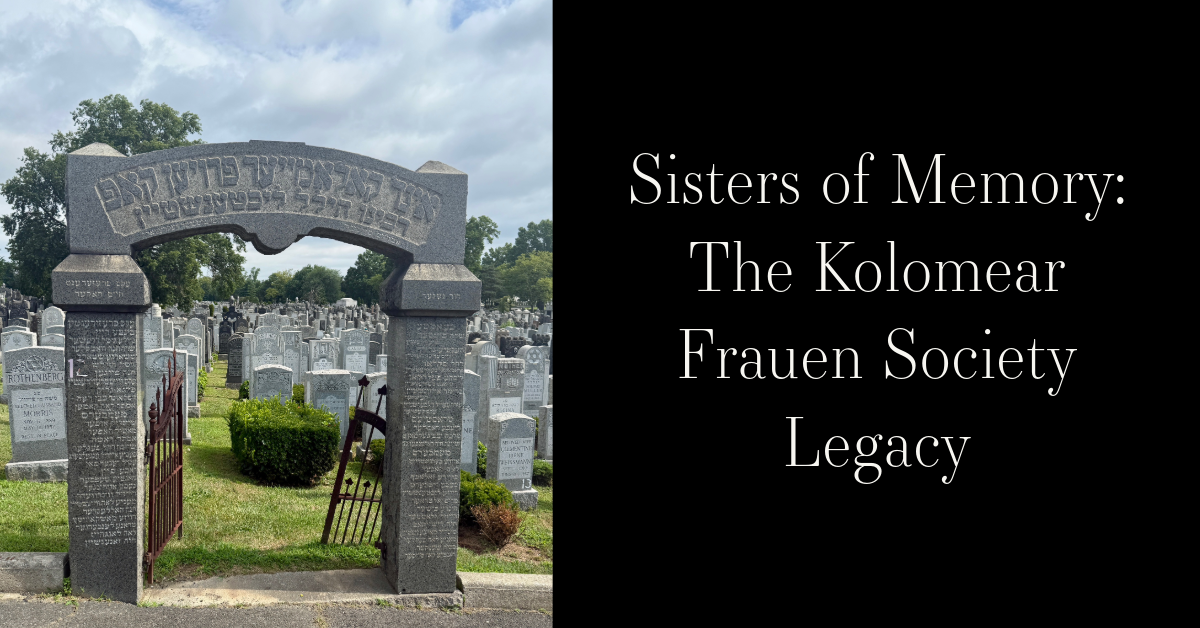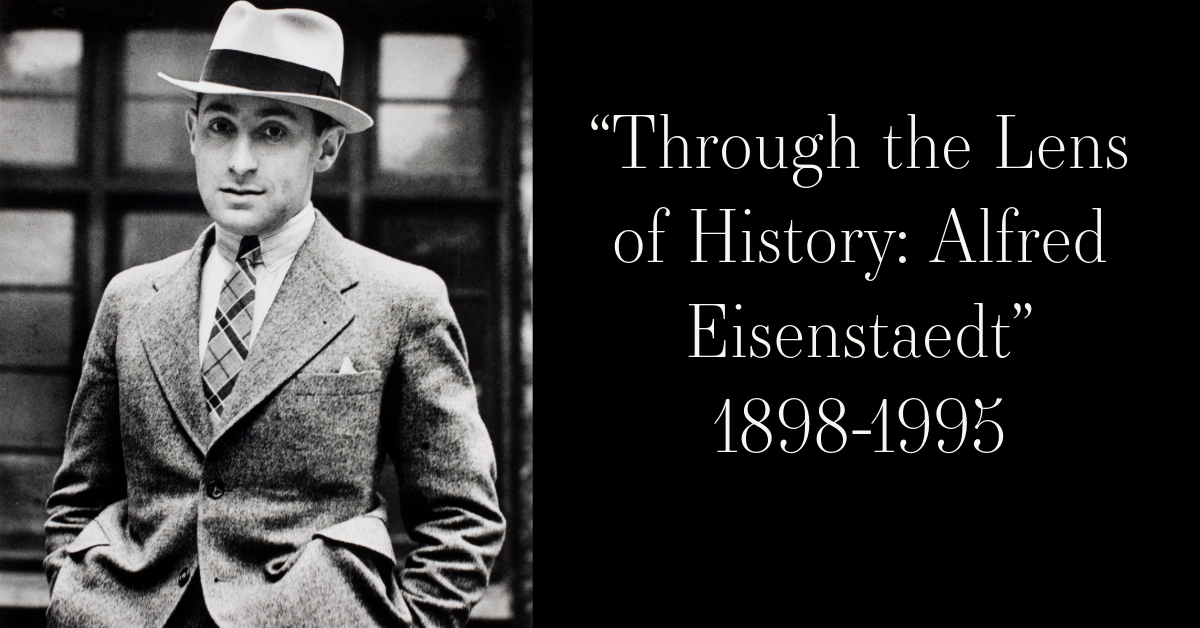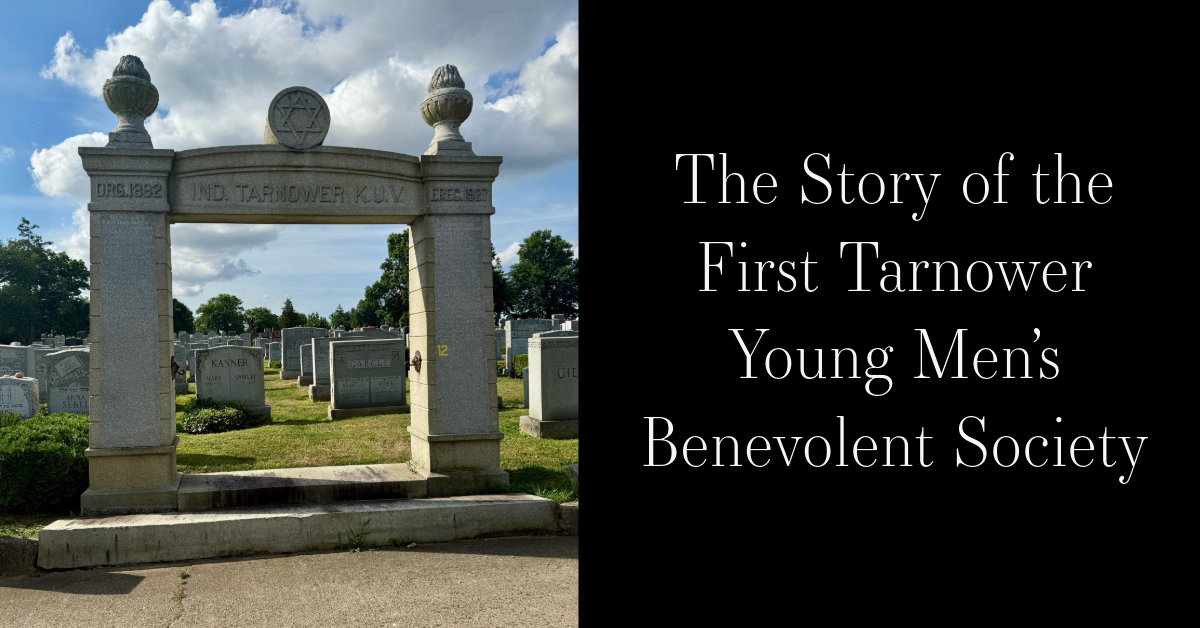Story Summary:
Tuba’s life represented the dynamic nature of the Jewish world in the twentieth century, which saw great changes in the Soviet Union and suffered the Holocaust. As a socialist, Tuba sought to uplift the conditions of the workers at her factory. As a family woman, she supported the growth of the Yaroshevsky and Zisman families with an everlasting love for Galina, Simon, Alex, Richard, Boris, and Evgeny. Her Jewish heritage is honored.
~Blog Written by Rene Yaroshevsky
Tuba Zisman: Ukrainian Labor Activist
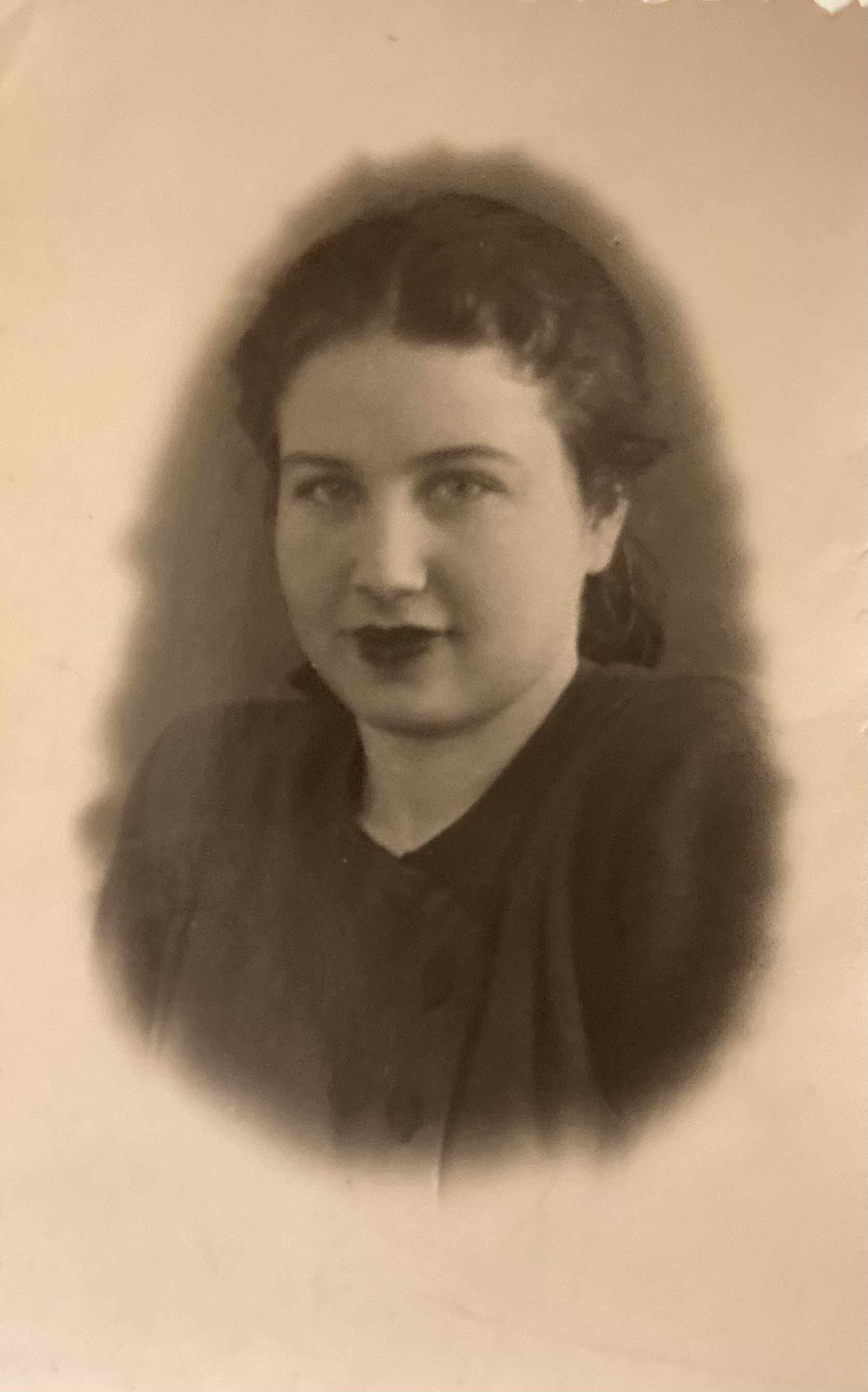
Born in 1925, Tuba Zisman, née Yaroshevsky, was an Ashkenazi Jew from the city of Odesa in Soviet Ukraine. The life of her and husband, Simon Zisman, demonstrate the dynamic history of Eastern Europe and the Jewish world in the twenty-first century. Tuba was the daughter of Gregory and Sonia Yaroshevsky and sister to Boris Yaroshevsky. Having been born in the immediate aftermath of the tumultuous years of World War I and the Russian Civil War — which saw the collapse of the Russian Empire, at least 100,000 Ukrainian Jews murdered in pogroms, and the incorporation of Ukraine into the newly-established Union of Soviet Socialist Republics — the guarantee of a safe and free life for Tuba was far from secure. The unpredictable and violent that preceded Tuba’s birth likely caused much worry for the Yaroshevsky family, and Ukrainian Jews at large.
At the age of 16, in June of 1941, Tuba was faced with the worst possible outcome for the era of change and doubt that she was raised in: Nazi Germany invaded the Soviet Union. With Ukraine being at the center of German dictator Adolf Hitler’s genocidal, colonial vision for creating “living space” for Germans, Tuba was an immediate target for the anti-Semitic violence of the Nazi invaders and their fascist allies. Like many vulnerable people in the Eastern European portion of the Soviet Union, Tuba, her mother, and her brother were evacuated to Kazakhstan. Gregory Yaroshevsky, on the other hand, was drafted into the Soviet military and participated in the defense against the Nazi invasion. Less than two months into his service, Gregory was declared missing in action while fighting in the oblast, or province, of Odesa. To this day, Gregory’s body has yet to be found.
By October of 1941, after about three months of resistance, Odesa fell to the combined onslaught of Nazi Germany and their fascist Romanian allies. About 30,000 people, mainly Jewish people but also Romani people and ethnic Ukrainians, were massacred in Odesa on October 22 through 24, just days after the fascist forces occupied the city. Tuba was spared the mass violence of war and genocide, fortunately, as she spent the remainder of her teenage years in Kazakhstan with her baby brother and mother. They spent their time adjusting to a different cultural atmosphere, as secular Jews from Eastern Europe now in predominately Muslim Central Asia. They were quartered with a Kazakh family. Little is known of their time there, with the exception that Tuba and the rest of her family experienced food insecurity.
When the Nazi occupation of Ukraine ended in 1944, Tuba Zisman returned home to Odesa. Importantly, they were able to return to the home they had before the war. Shortly thereafter, Tuba married Simon Zisman, a veteran of the war, and began to work at a plastics factory. In 1950, Tuba had her only child, Galina, with Simon. Notably, Tuba advocated on behalf of the factory workers, leading her to become the leader of their union. In that position, she bargained with the government for better employment conditions and promoted social housing. Tuba would serve as a factory worker and union leader for nearly thirty years, resigning in 1970.
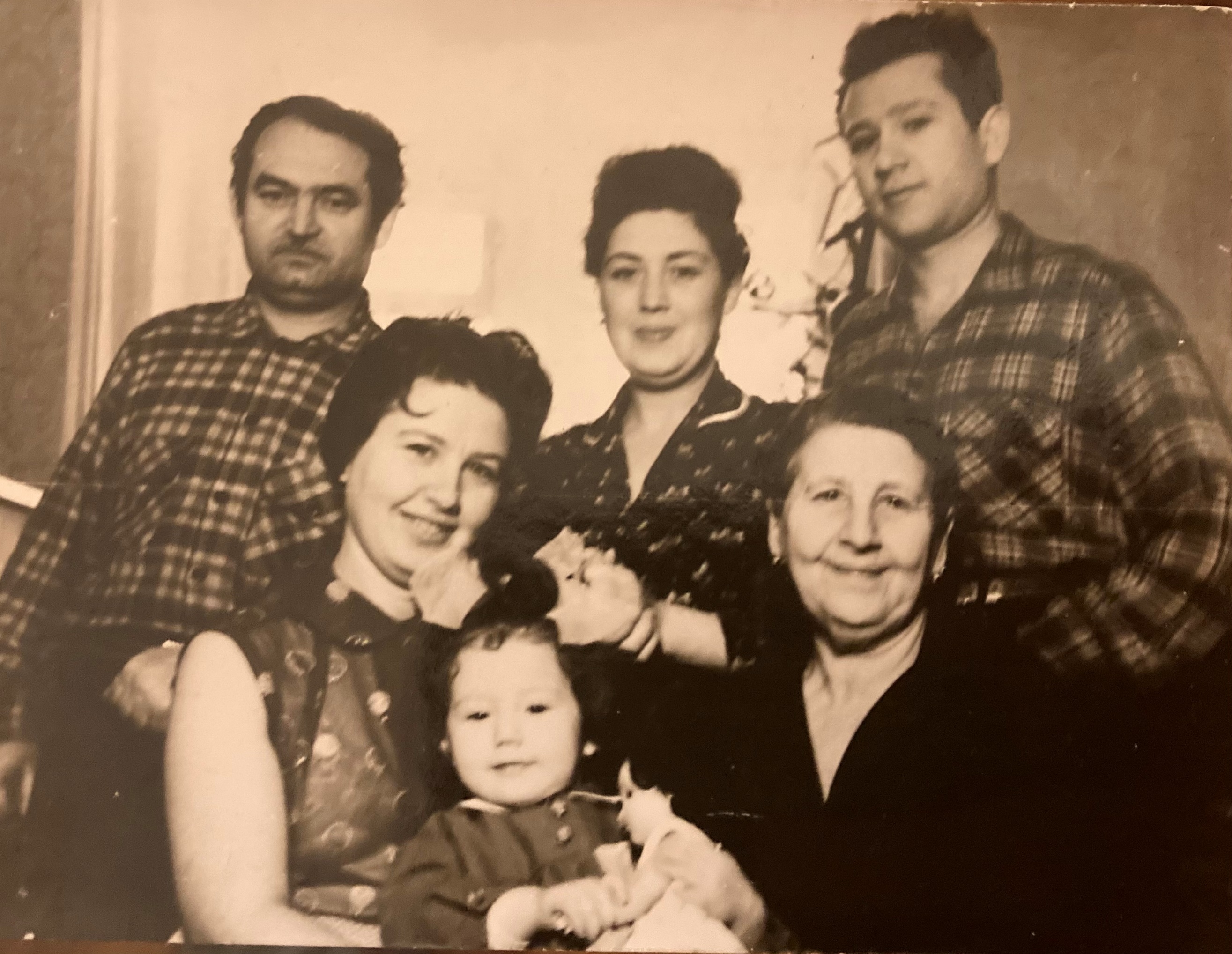
Tuba’s advocacy led her to be elected as a city alderwoman in Odesa sometime in the 1960s, serving one term. At which point, she served concurrently as a union leader and member of city government. A democratic socialist, Tuba was not in favor of Soviet regime. Rather, she opposed state management of the economy and instead favored democratic control. She sought to achieve positive social change through the means the Soviet politico-economic system afforded her. Also in the 1960s, Galina got married Jacob Bayer. Tuba’s leadership would conclude as Galina would make Tuba a grandmother with the birth of Alex Bayer on August 15, 1970. Seeking to taking care of her grandson, Tuba would resign from the factory. Tuba’s brother Boris also had two children of his own in the 1960s, who would spend time with her and Galina.

In 1979, shortly before the Soviet Union invaded Afghanistan in 1979, Tuba claimed asylum as a Jewish person and managed to immigrate to the United States with her family. With that, she managed to avoid the turbulent years that culminated in the collapse of the Soviet Union. As the first of her family in a new country, Tuba joined a blossoming Jewish community in New York City. Many American Jewish organizations had already been working to assist the resettlement of Jewish people from the Soviet Union in the United States several years prior to Tuba’s emigration. Tuba was one of many that had joined the wave of Soviet Jews coming to the United States. There, Tuba’s second grandson was born. Boris Yaroshevsky stayed in the Soviet Union for some time, despite pleas from his sister to immigrate to the United States. Despite the barrier of physical distance between the two, Tuba continued to deeply love and miss her brother. Also, shortly after coming to the United States, Galina would give Tuba a second grandson on October 1, 1980 when Richard Bayer was born.

In her final years, Tuba was diagnosed with ovarian cancer. When it was announced that her nephew, Boris’s son Evgeny Yaroshevsky, was going to be a father with his new wife, she called her niece-in-law to thank her for continuing the Yaroshevsky name and bloodline. Months later, Tuba would pass away on December 24, 1984. Tuba is buried at Mount Hebron Cemetery. Her husband Simon passed away on October 19, 1995, where he was buried with his late wife. Tuba Zisman is survived by her grandchildren, her brother, and his son and grandchildren. Evgeny’s second son, Rene Yaroshevsky, works as an intern with the Legacy Project at Mount Hebron Cemetery and was elated to write on his family’s history.

Tuba’s life represented the dynamic nature of the Jewish world in the twentieth century, which saw great changes in the Soviet Union and suffered the Holocaust. As a socialist, Tuba sought to uplift the conditions of the workers at her factory. As a family woman, she supported the growth of the Yaroshevsky and Zisman families with an everlasting love for Galina, Simon, Alex, Richard, Boris, and Evgeny. Her Jewish heritage is honored.
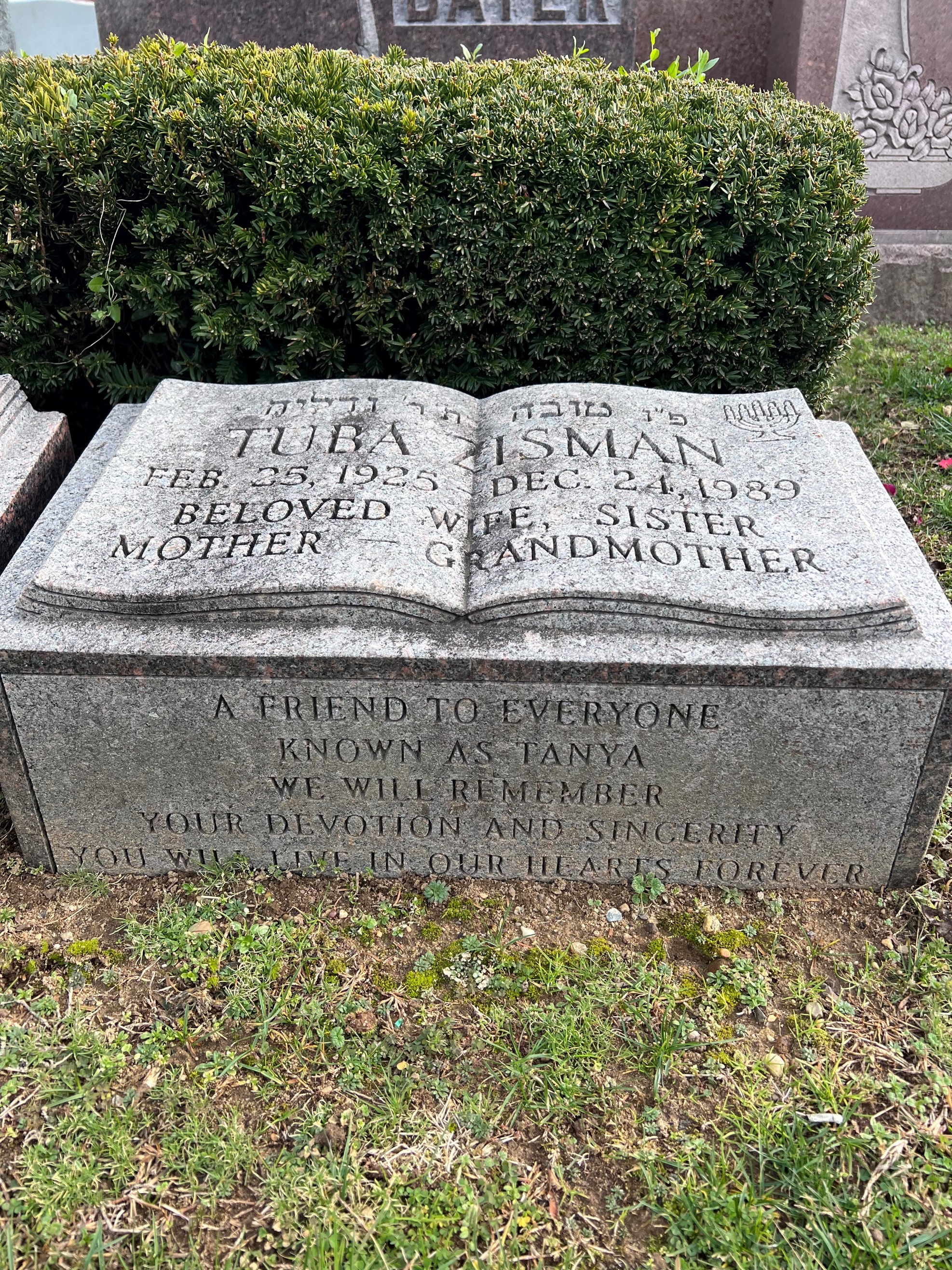
~Blog Written by Rene Yaroshevsky









